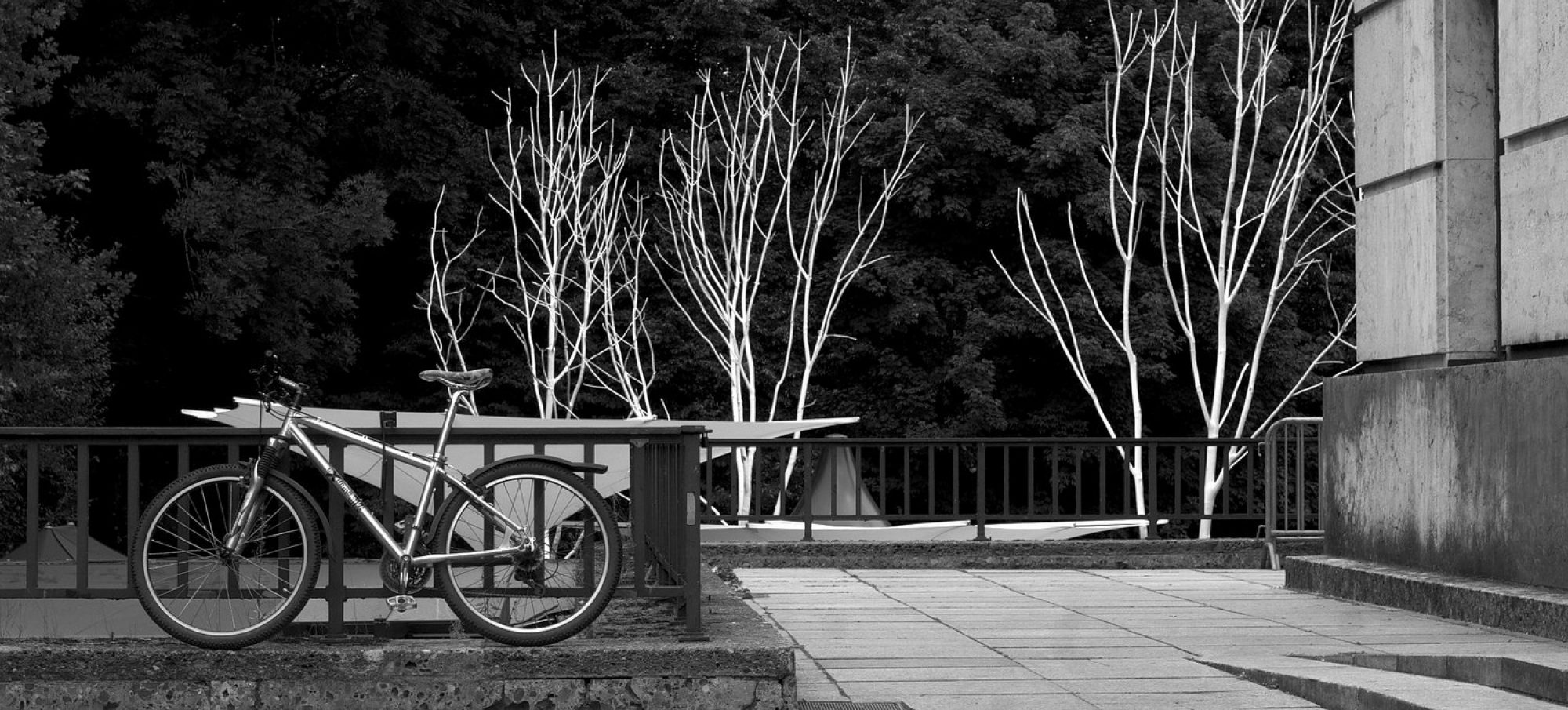Last week, I heard about a certain intellectually precocious third-grader whose ability to make persuasive arguments as to what he should and should not be permitted to do sometimes consternated his parents. I pressed further neither into the nature nor subject of the arguments, but I was told that his parents delivered a solid “no” on account of still having the emotional age of someone his age. The parental trump card. This got me thinking about those skeptical of (anthropogenic) climate change (cf. climate change denialists and cf. climate change skeptics).
Depending on where you live, you may be bombarded with tips on green living. Some people may dismiss such tips with a wave of the hand and a genuine belief that scientists are uncertain about whether anthropogenic climate change is happening. When it comes to making environmental policy decisions, politicians may also waffle, though sometimes for different reasons such as thinking policies may be unpalatable to their voter base. However, I think there is a trump card that could be played more often. Climate denialists’ (these people are not constructive like skeptics) best card may be that there is doubt about whether or not climate change is anthropogenic ((I can now see this and the surrounding sentences being taken out of context.)). There is no denying this fact. But with our imperfect science, we have managed to build steamships to traverse oceans, skyscrapers that pierce clouds, and machines that perform more calculations in the blink of an eye than the number of seconds in a human life. There is no truth in science; science is only on a march to reduce uncertainties.
Back to the trump card. Whenever someone who believes that there is a high degree of uncertainty considers whether some climate change-combatting course of action of the form “If we reduce our use of air conditioning units during the summer, we’ll be less comfortable ((Actually, in the case of some office buildings, we’d be more comfortable.)),” there is a problem with framing or missing information. Suppose a large portion of the world will act in his or her own self interests to certain degrees. Suppose further that those skeptical of anthropogenic climate change believe that the scientists have only a 2% chance of being correct and that the world-wide emissions targets are for a 50% chance of hitting a 2ºC temperature increase. Then a more appropriate framing of the original choice would be “If we reduce our use of air conditioning units during the summer, we’ll be less comfortable BUT aggregated with other choices, there is a 1% chance 90% of the world’s people will die.” A more pithy but less accurate rendition would be to simply append “but we’ll all die if we don’t” to the end of the decision. Think of it as a twisted version of something you’d say after reading a fortune cookie.
